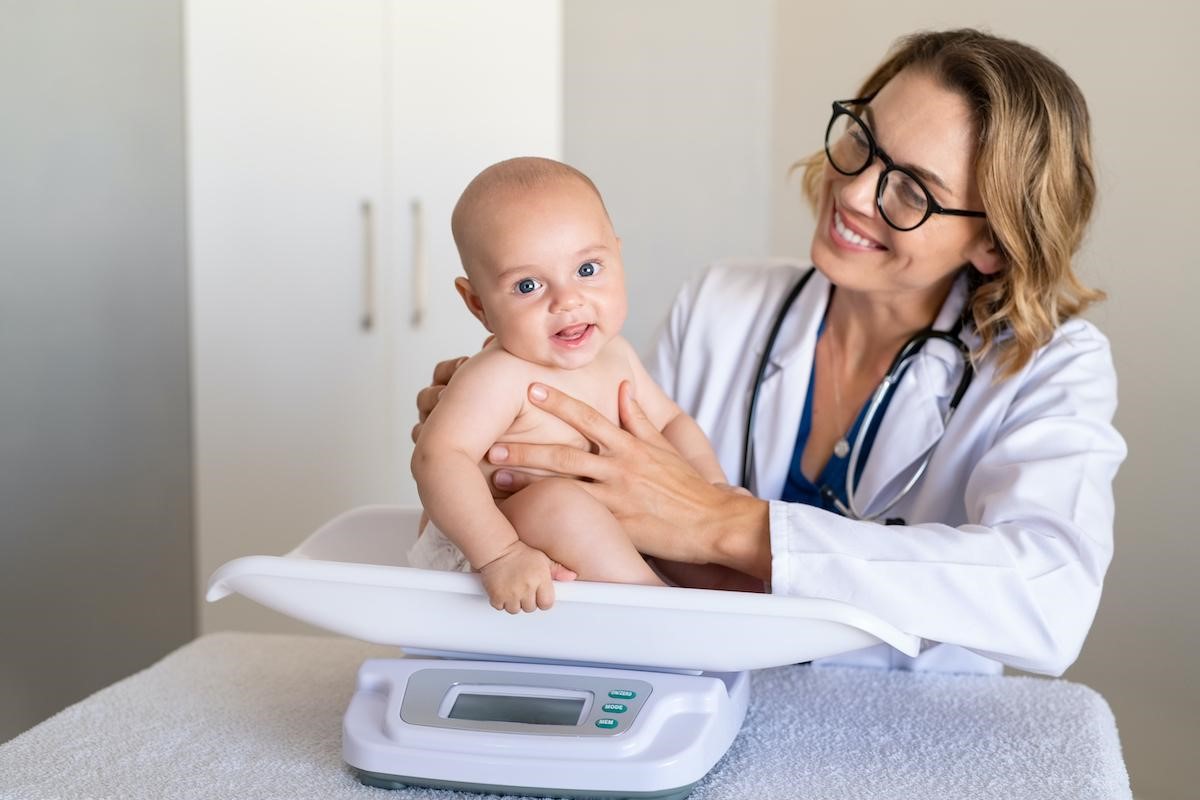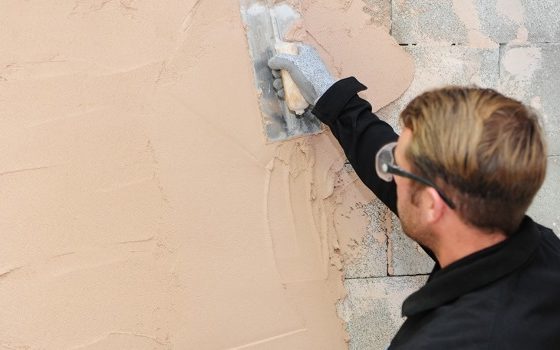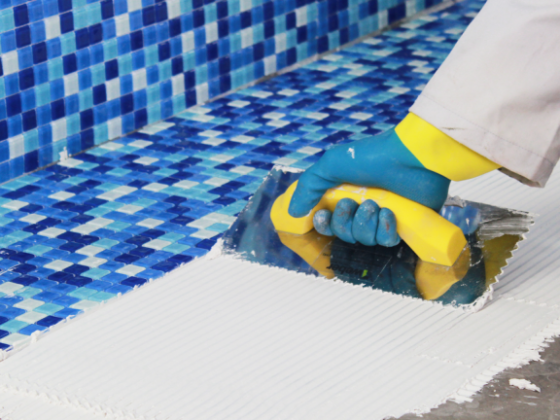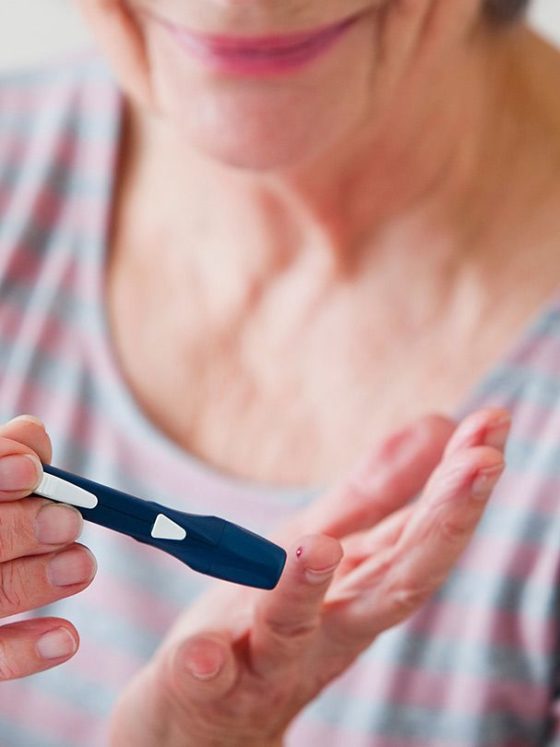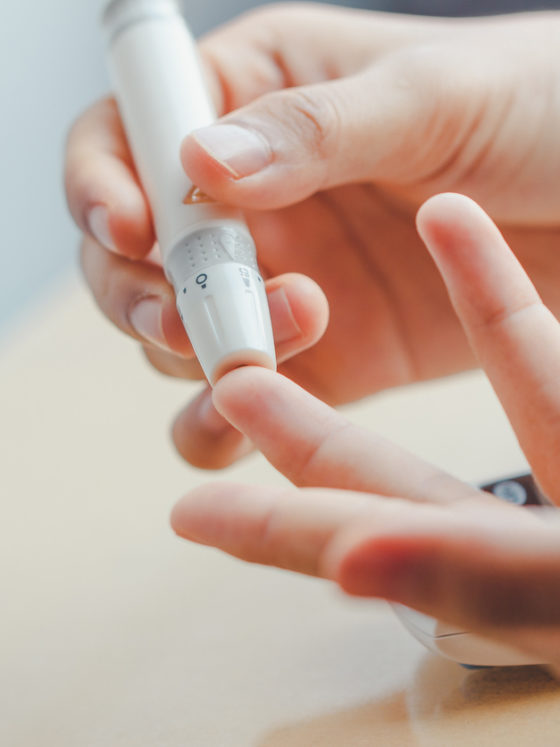After your kid is conceived, one of the main doctors you will see for their consideration is a pediatrician. Yet, knowing when to see your pediatrician, and for how lengthy, can at times be mistaken for youthful parents.
Not at all like a family practitioner who regularly treats grown-ups beyond 18 years old, Pediatrics in Dubai by and large spotlight on the physical, mental, and enthusiastic prosperity of babies, youngsters, teens, and youthful grown-ups until the age of 18 to 21, contingent upon the doctor. These pediatric doctors work with you to offer counsel, forestall ailment, and assist you with cultivating a solid way of life for your kid. They additionally treat intense (basic) or constant (long haul) conditions, like asthma or diabetes.
Assuming that your kid shows symptoms of a particular condition, your pediatrician might allude the person in question to a pediatric specialist for additional assessment. These doctors have specific preparation and extraordinary mastery in their space of training, like orthopedics (birth surrenders, developmental problems) or cardiology (heart infection).
As your youngster develops and creates, you will probably visit your pediatrician for a very long time. Make certain to furnish the doctor with however much definite data as could be expected with regards to your youngster and any symptoms you’ve taken note of. Invest in some opportunity to pose your inquiries as a whole, regardless of how trifling they might appear. You might need to carry a companion or family part to help you tune in and write down significant data. The more you know (and recall) the better you can focus on your youngster at home.
Vaccines
Vaccines (vaccinations or inoculations) are injections of limited quantities of infection or bacteria that help battle off infection and keep kids insusceptible to specific sicknesses. They are suggested for youngsters at an assortment of focuses as they age from birth to 18 years.
Many parents are worried about the impacts and security of vaccines. A few kids might have a slight fever or feel touchiness at the infusion site, yet genuine responses or diseases are uncommon.
Development
One explanation it’s critical to take your youngster to a pediatrician is to screen his developmental advancement or achievements. At each visit, your youngster will be gauged and estimated to assess his development in weight, height, and body mass index (BMI). The doctor will show you how this looks at different children of a similar age and orientation so you can check how your kid is advancing. The pediatrician will likewise check for any developmental deferrals. The person in question might get some information about your youngster’s conduct at home and notice things like grinning, turning over, sitting up, language, strolling, and how she utilizes her hands and arms. The doctor will likewise test your kid’s reflexes and muscle tone.
Fever
Practically all kids will have a fever eventually, however, how do you have any idea about when it’s an ideal opportunity to have your youngster looked at? By and large, the more youthful your kid is, the sooner you should accept him to the doctor.
Ear Infection
Small kids have on normal 6 to 8 colds every year, and frequently with them come ear infections. Normal signs and symptoms incorporate ear torment, pulling or pulling at the ear, inconvenience dozing, crying or acting more peevish than expected, and fever of 100 degrees Fahrenheit or higher. Symptoms for the most part work on in the principal several days and frequently clear up all alone inside one to about fourteen days.
Assuming your youngster is under a half year and showing symptoms of an ear infection, contact the Best doctor for kids in Jumeirah immediately. Likewise contact your doctor assuming your youngster is restless or crabby after a cold or other upper respiratory infection or has symptoms that keep going for over a day, extreme ear torment, or a release of liquid, discharge, or blood. Your doctor might endorse treatment, like a warm pack, torment drug, or an antibiotic.
Behavior
Most parents run into some kind of social issue with their kids, regardless of whether it be learning troubles, discipline issues, or bedwetting. Your pediatrician can offer direction here, also. Be that as it may, there might be times your doctor will need to allude you to a developmental-social pediatrician. This is somebody who has the preparation and experience to think about the clinical and psychosocial parts of your youngster’s condition, regardless of whether it be learning trouble like dyslexia or an administrative issue like snoozing or feeding issue.

